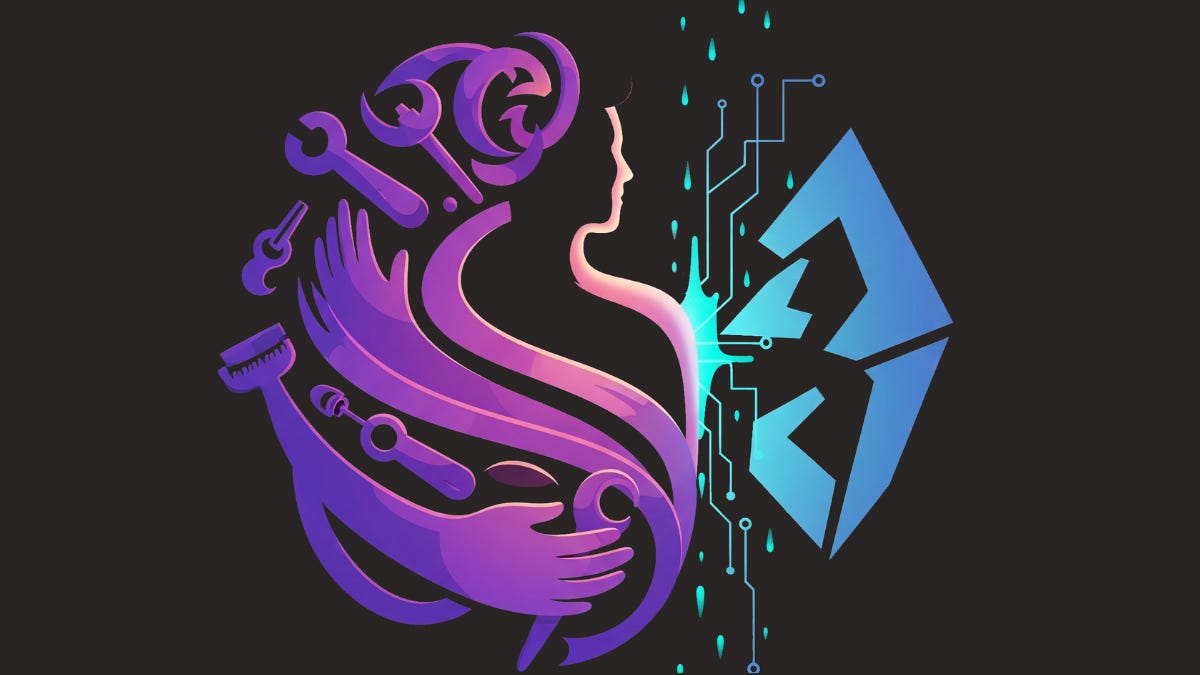The Human Premium.
Exploring how the rise of AI is quietly reshaping our everyday choices — and why a new kind of “human premium” might be the value signal that matters most.
Many of the technologies we now take for granted were once met with fear – or laughter.
I often let my mind wander to imagine the societal shifts that emerging technologies might trigger. The ideas that surface can seem laughable, far-fetched, or even fallacious, but history shows that many breakthroughs were greeted the same way.
Take electricity. When it was first introduced, newspapers warned of electrocution and fire hazards. Some even viewed it as a threat to public health.
Or consider the early days of the Internet. Scepticism ran rampant. Many believed it was overhyped – a novelty with little practical value.
Now let’s look at today’s frontier: artificial intelligence. As AI makes rapid strides in the creative space, a realm many still see as inherently human, we are starting to face new kinds of choices. Complex models are already producing visually stunning art. And if we set aside the debate about whether it qualifies as “true” art, it is easy to imagine a marketplace where one must choose between AI-generated and human-made work.
If these two pieces look identical and cost the same, which one would you purchase?
Just like the fair-trade movement, this moment invites a conscious choice. Purchasing human art supports hours of physical and intellectual labour, and the emotional journey of transforming inspiration into form. Buying AI-generated art, by contrast, transfers value to machines and to the engineering communities behind these powerful cognition engines.
This isn’t just a question of art: it’s a deeper reckoning with our place in the value chain. Are we supporting creation or generation? Craft or code?
And this buyer’s dilemma isn’t limited to the world of transactions.
Consider education. AI is already transforming it. Content can be optimised, personalised, and delivered at scale. But should the full experience of learning be handed over to machines? A human teacher brings empathy, presence, and inspiration – qualities that are hard to replicate. As a parent, would you entrust your child to an efficient, flawless AI-powered school? Or one where real human connection still shapes learning?
At the heart of this question lies a belief in the intangible: the value of emotion, empathy, and human touch. The more lifelike AI becomes, the more subtle – and vital – our choices will need to be.
Across a wide spectrum, from journalism to coaching, interior design to film writing, we’ll face increasingly personal decisions between AI generation and human creation. In that context, the idea of a human premium could become a meaningful concept. A way to recognise, reward, and preserve the value of humanity in the systems we build and use.
Would you pay a premium for the human touch?
Or is it already part of how you choose, quietly shaping the way you engage with creativity, emotion, and meaning?


